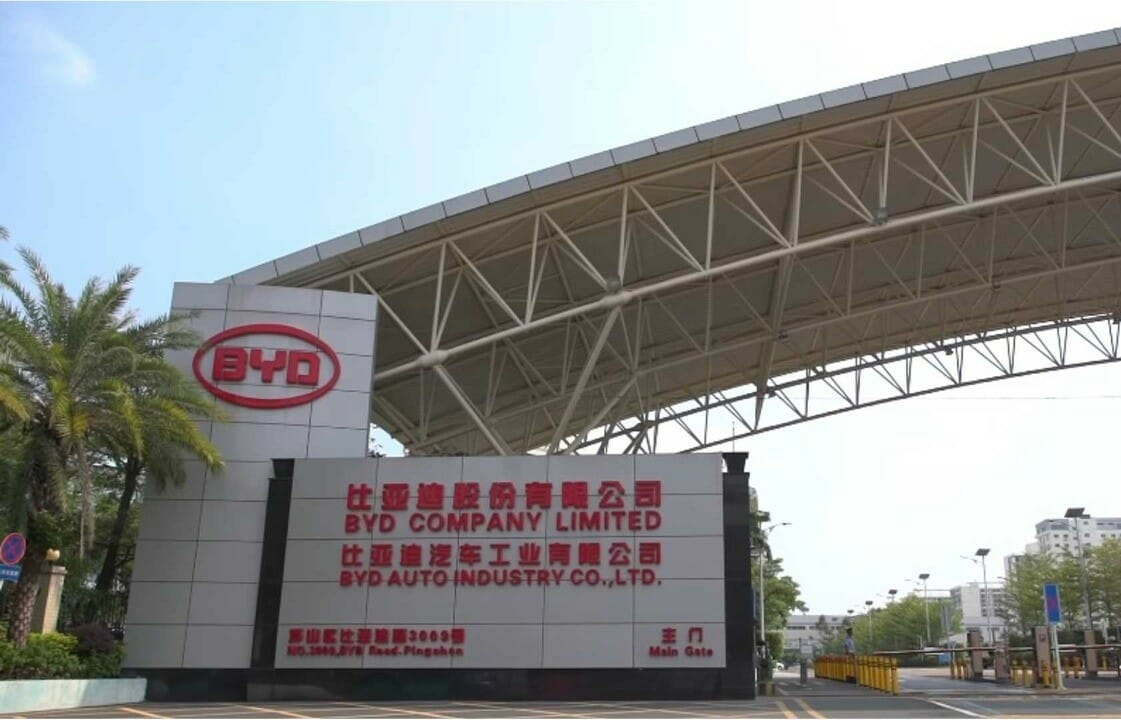Jinjiang Group, a contractor for Chinese electric vehicle maker BYD, rejected accusations from Brazilian authorities that 163 Chinese nationals working on a construction site in Bahia state were subjected to “slavery-like conditions.” In a statement on Thursday, Jinjiang argued that the allegations were based on misunderstandings stemming from cultural differences and translation errors.
Brazilian labor authorities had reported finding workers in exploitative conditions at a site for a BYD-owned factory. In response, BYD stated it had severed ties with the firm responsible for hiring the workers and was cooperating with authorities.
Jinjiang defended its practices, stating, “Being unjustly labeled as ‘enslaved’ has insulted the dignity and human rights of our employees and hurt the pride of the Chinese people.” The company also claimed the questioning by Brazilian inspectors was “suggestive” and shared a video of workers disputing the claims.
In the video, workers clarified that 107 individuals had voluntarily handed over their passports to the company for assistance in obtaining temporary ID certificates, countering Brazilian authorities’ assertion that their documents were withheld. A worker in the video expressed satisfaction with their work conditions and highlighted their commitment to the completion of the factory, which is expected to begin production in late 2024 or early 2025.
BYD has positioned Brazil as a key market, with the factory aiming to produce 150,000 cars annually. However, the incident adds strain to China-Brazil relations, as China’s foreign ministry confirmed that its embassy in Brazil is in communication with local counterparts to address the matter.
BYD’s General Manager of Branding, Li Yunfei, accused “foreign forces” and some media outlets of attempting to tarnish Chinese brands and undermine ties between China and Brazil. The controversy also arises as Brazil plans to raise tariffs on imported electric vehicles from 18% to 35% by July 2026, further underscoring the importance of domestic production.
Jinjiang reiterated its commitment to compliance, stating that cultural misunderstandings had been at the root of the controversy and affirming its intention to support the success of Brazil’s largest new energy vehicle project.


















